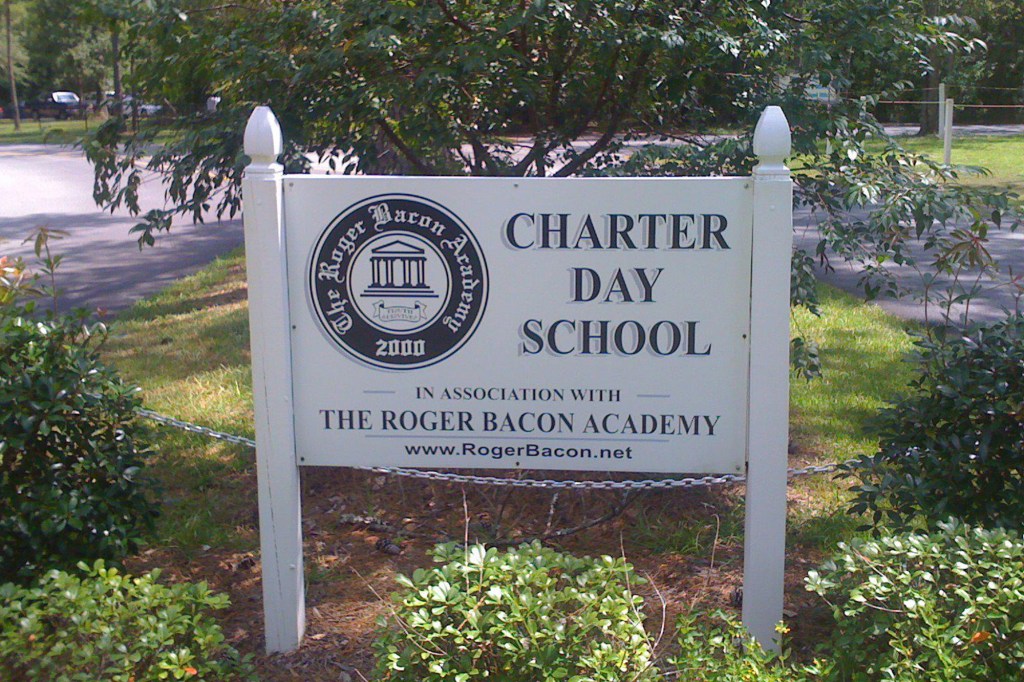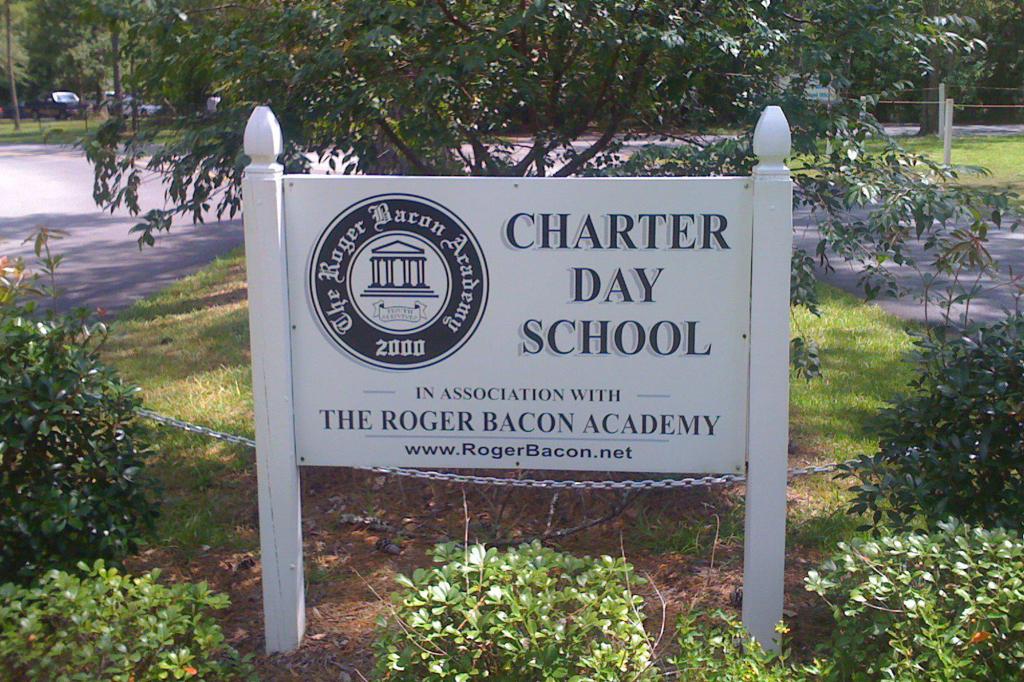Supreme Court won’t hear NC school’s defense of skirts-only dress code
Female students at North Carolina’s Charter Day School can now wear pants at their pleasure.
The Supreme Court on Monday opted against taking up the Leland school’s appeal of a federal court ruling that scrapped the publicly funded institution’s skirt mandate.
Parents and students had sued the school over the requirement, which an en banc appeals panel deemed a violation of the Constitution’s Equal Protection Clause.
“Here, the skirts requirement blatantly perpetuates harmful gender stereotypes as part of the public education provided to North Carolina’s young residents,” Judge Barbara Keenan of the Richmond, Va.-based Fourth Circuit Court of Appeals wrote in her ruling last year.
Lawyers at the American Civil Liberties Union helped fight the case, which was initiated by parents of three students.
“This is a victory for thousands of North Carolina public charter school students and 3.6 million students like them nationwide,” the ACLU proclaimed.
“Girls at public charter schools have the same constitutional rights as their public school peers elsewhere — including the freedom to wear pants.”
The case marks one of the first times a federal court determined that students at publicly funded charter schools deserve the same constitutional rights as their public school peers.
The case turned on a 2015 email from school founder Baker A. Mitchell Jr. to the mother of a kindergarten girl who objected to the skirts-only policy and later became the lead plaintiff in the case.
This is a victory for thousands of North Carolina public charter school students and 3.6 million students like them nationwide.
— ACLU (@ACLU) June 26, 2023
Girls at public charter schools have the same constitutional rights as their public school peers elsewhere — including the freedom to wear pants.
“The Trustees, parents, and other community supporters were determined to preserve chivalry and respect among young women and men in this school of choice,” Mitchell wrote. “For example, young men were to hold the door open for the young ladies and to carry an umbrella, should it be needed. Ma’am and sir were to be the preferred forms of address. There was felt to be a need to restore, and then preserve, traditional regard for peers.”
Mitchell went on define chivalry as “a code of conduct where women are treated, they’re regarded as a fragile vessel that men are supposed to take care of and honor.”
“It is difficult to imagine a clearer example of a rationale based on impermissible gender stereotypes,” Keenan wrote, adding that ” … nothing in the Equal Protection Clause prevents public schools from teaching universal values of respect and kindness. But those values are never advanced by the discriminatory treatment of girls in a public school.”
Attorneys for the school, which functions independently from the state but receives 95% of its funding from federal, state and local authorities, contended that North Carolina law broadly empowered” it to “devise educational policies … without state coercion.”
The ultimate arbiters are “parents who choose to send their children to the school,” according to the school’s legal team.
Charter Day School, founded in 2000, serves students from kindergarten through the eighth grade.
The Justice Department had urged the high court to reject the school’s appeal, while the National Alliance for Public Charter Schools also cheered the Supreme Court’s move.
“We are pleased to put this matter behind us and move forward,” Nina Rees, president and CEO of the group said in a statement.
“The actions of the high court affirm that as public school students, charter school students are entitled to the same federal protections as their counterparts who attend district schools.”













